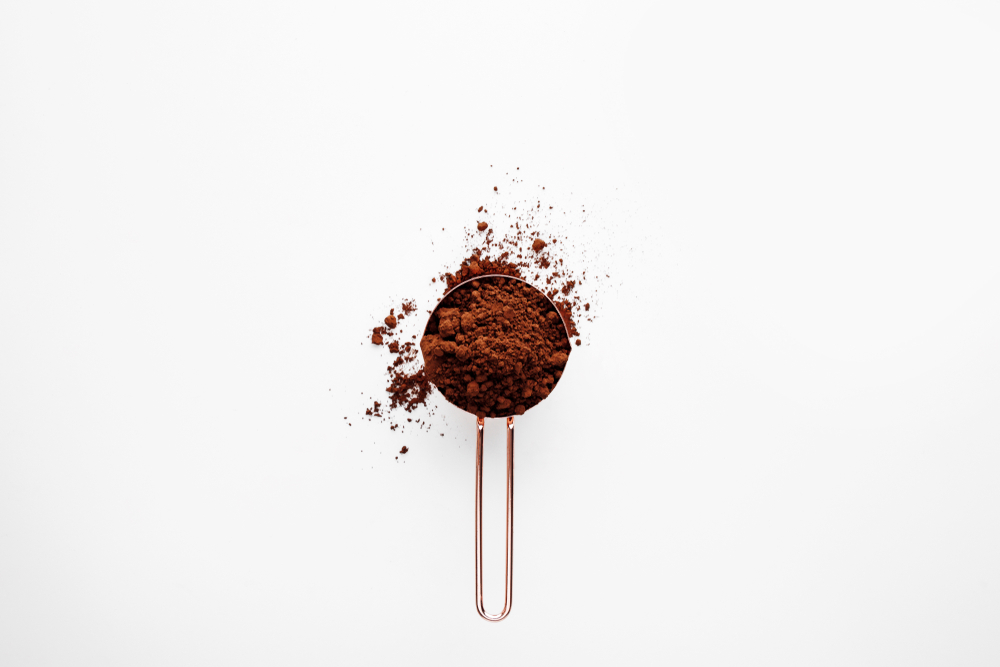
Diet Without Counting Calories
The diet world is full of many things; opinions, books, products, methods, marketing, weight loss clubs and a whole lot of nonsense. In general, the majority of the dieting industry is more concerned with making money than making people healthy. After all, it’s fantastic business. As a population we are more overweight and less active than ever before.
 We also live in a very commercial society where we have been conditioned to crave instant gratification. The concept of saving your money to buy something has been replaced with clever marketing, forcing us to buy before it’s too late, forcing many to take loans and get into debt.
We also live in a very commercial society where we have been conditioned to crave instant gratification. The concept of saving your money to buy something has been replaced with clever marketing, forcing us to buy before it’s too late, forcing many to take loans and get into debt.
But what has this got to do with dieting?
Well, the model is very similar. Diet books sell us the ‘quick fix’. Would you rather ‘drop a dress size in 7 days’ or ‘lose weight slowly over time whilst developing a healthier relationship with food which will help you to keep the weight off for good’? Exactly! So what should you do if you want to lose weight and have tried more diets than hot dinners?
Stop following any diet that has a name, a set of rules & restrictions, wants to sell you food or books or gets in the way of your lifestyle. That’s not to say that you shouldn’t change your eating habits as they have clearly been a contributing factor to where you are now. But you need to find something that you can stick with in the long term that won’t drive you or those around you crazy.
Here are some ways you can do just that without having to count calories. Although calorie counting is very effective, it’s not for everyone.
Get a hand on your food intake
Literally!
While tracking your intake closely will require you to weigh food, this approach allows a much quicker way to judge your portion sizes.
For men (per meal): 2 palm sized portions of protein (chicken breast, turkey, lean beef mince, tuna etc), 2 cupped hands of carbohydrates (rice, pasta, potatoes, lentils, grains, beans etc), 2 fist sized portions of vegetables (broccoli, cauliflower, green beans, carrots, peas etc) or one medium sized portion of fruit, 2 thumb sized portions of fat (avocado, nuts, seeds, olive oil etc)
For women (per meal): As above but reduce servings to 1 per meal
Everyone has a different energy requirement but these guidelines should be fairly effective for most people and are based on 3-4 meals per day. To make them work effectively it is worth weighing yourself periodically, not necessarily weekly, as well as taking measurements from key areas such as chest, belly, hips & waist. You can then reduce your portion sizes if your progress stops for more than a few weeks. Having said that, a woman’s weight will fluctuate in line with their menstrual cycle so this should be taken into consideration with the weight compared to that of 4 weeks previous.
Fast!
I am talking about something known as Intermittent Fasting. This is where you do not eat for a set portion of the day and then eat as normal in the remaining time.
This is a very particular style that is not for everyone, as it is important to do this correctly.
Many people skip breakfast, which is not a problem at all UNLESS it means you are so hungry later that it causes you to binge. Intermittent fasting is designed to basically cut out calories by removing meals. A typical example would be just eating lunch and dinner. If you find that you cannot go to bed without eating first, you could try skipping breakfast AND lunch and then eating dinner and before bed.
Whatever approach you take, you will still need to make sure you eat enough protein and make sensible choices. Having meals pre-prepared either in a slow cooker or frozen can help. Getting home from work and then polishing off a whole pack of biscuits because you were hungry kind of defeats the point. You can also use this approach if you are going out for dinner or social occasion and want to minimise the damage caused by the food on offer and the possibility of alcohol (which can be calorie dense).
If you decide to try Intermittent Fasting, it’s important to still maintain a good level of water intake, whether this is water, tea or coffee or a diet fizzy drink (yes, they ARE safe). Obviously milk and sugar aren’t calorie free so go easy on them or avoid if you can.
Dear Diary
So you might not want to track your food intake each day, but you could make a note of it. If you’ve ever tried to lose weight but every time you jump on the scale the number stays the same and you say ‘but I’ve been really good’, then this could be for you.
It is very easy to forget what you’ve eaten earlier in the day and therefore allow yourself numerous ‘treats’ or indulgences. Or you may have simply had a stressful day and be prone to comfort eating. Keeping a diary is a great way to reflect on what you’ve eaten in the cold light of day. For extra accountability you could also buddy up with someone or hire a coach to look over it for you on a weekly basis.
Is that it?
Yup, that’s as complex as it needs to be. You can still enjoy what people call ‘treats’ but just be sensible and cut down if your weight loss stalls.
But I’m always hungry
Sometimes being hungry is just an inevitable part of weight loss and it’s something you are going to have to deal with. It can be challenging but no one says it’s easy.
However, there are some strategies you can try to make things easier in between meals.
· Before your meal drink a large glass of water (500ml \ 1 pint)
· Eat your meat and veggies first as these are the most filling
· Eat slowly and chew your food thoroughly as there is a delay between eating and feeling full
· Eat meals at the table and not in front of the TV as when your mind is distracted it can fail to realise that you are full
· Try eating a large bowl of salad as a starter before your meal (avoid high calorie dressings)
Is there anything I SHOULDN’T do?
I do not want to tell people what they can and can’t do as I don’t want to place any additional stress on them but there are certain diets and strategies that simply don’t work. Some of them will APPEAR to work but this is only a short term solution. 98% of people that go on a ‘diet’ actually remain in a healthy weight range for an extended period of time after the diet has ended but that is no indication of health or fitness which are of course essential to a long & healthy life.
So don’t be tempted by the diet books, diet pills or fat shaming ‘clubs’. None of them will work in the long term and none of them will make you fit, healthy or happy. The best thing you can do is to find an approach that works for you, your family, your schedule & lifestyle and your social life. Just remember that it won’t be easy and you will have to ease off the treats, snacks, binges, booze and anything else that is sabotaging your progress. Although this doesn’t mean you should suffer by giving them up altogether.






No Comments yet!